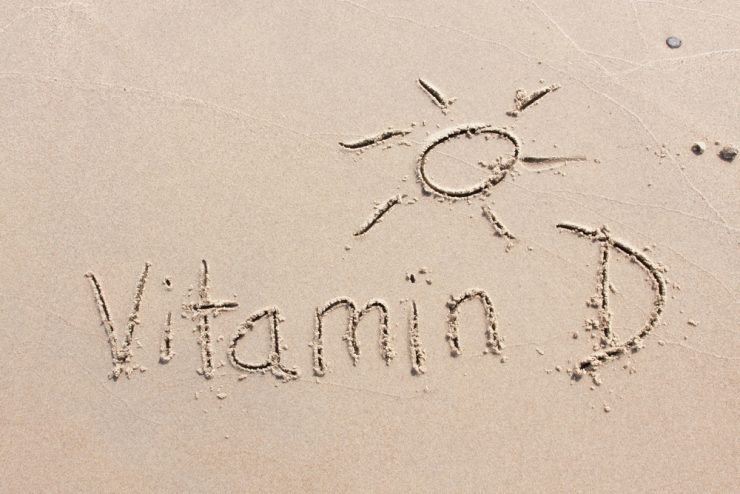“I am aware that we don’t get enough sunlight during winter, which means we’re often low in vitamin D. I had my levels checked with the GP about a year ago and they were low, prompting me to take a supplement. But now that it’s summer and there is more sunshine can I stop taking it? I am 59 and eat a good, healthy diet.”
Clinical Nutritionist Suzie Sawyer answers.
You really need to be out in the sunshine for around 20 minutes every day without sun protection, for the skin to synthesise sufficient vitamin D. It’s found in some foods, including red meat, liver, oily fish (especially sardines with small bones), mushrooms and egg yolks. Cow’s milk is generally not fortified with vitamin D in the UK. However, the sun is a much better source of vitamin D than the UK diet.
We know from the National Diet and Nutrition Surveys that around 50% of the population are vitamin D-deficient from January to March. This means that many of us have low levels going into the spring months. While these do tend to rise during the summer, these don’t usually get to the level required by the body for optimum health.
Research on vitamin D is also evolving, and we’re realising just how important it is for among other things keeping the immune system in fighting form and preventing the serious bone-thinning disease, osteoporosis. Researchers have also found vitamin D helps manage blood sugar levels, so helping to guard against type 2 diabetes, and can contribute to treatment for depression.
Taking all this into account you should definitely continue taking a vitamin D3 supplement through the summer, at the levels recommended by Public Health England, which is a minimum of 10 micrograms daily. Try to include vitamin D-rich foods in your diet as much as possible and also enjoy the sunshine, obviously without burning your skin. As you’ve had a diagnosed deficiency in the past, I would certainly get your levels tested again in October this year to check all is well.
























Add comment